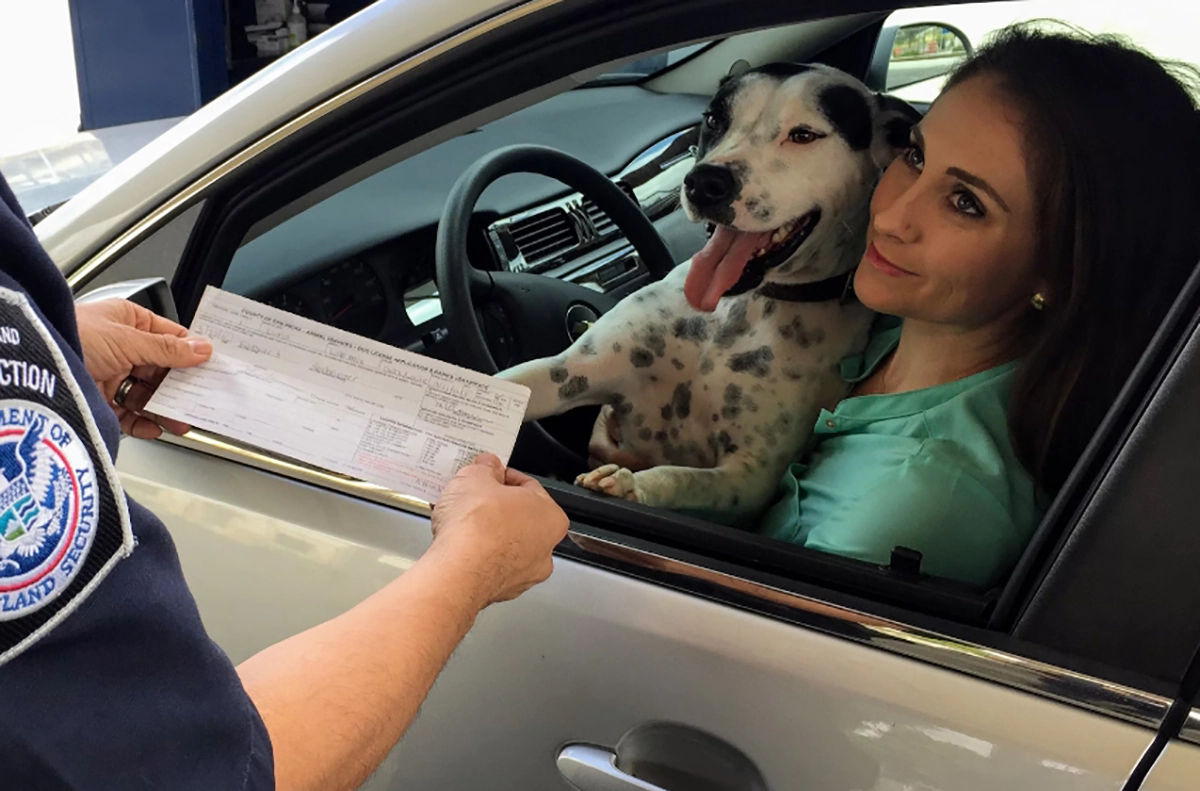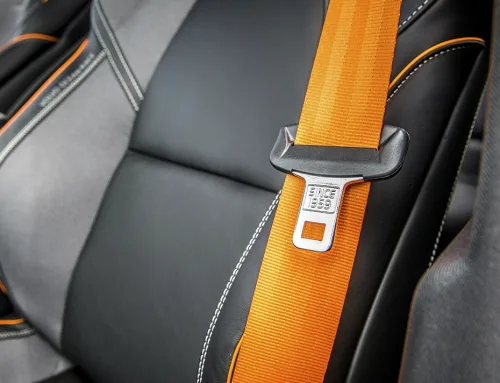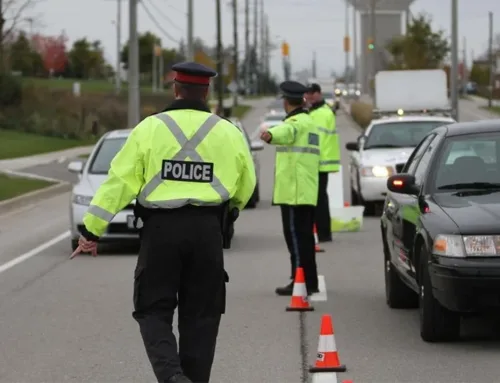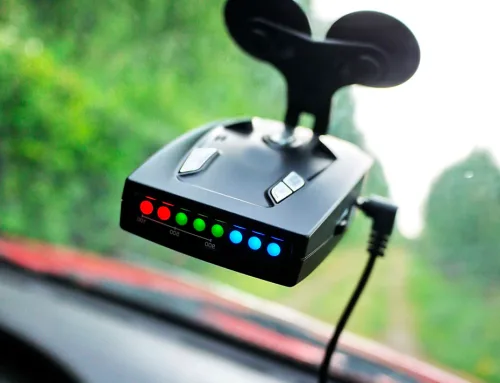Understanding Careless Driving Laws
Understanding careless driving laws is crucial for every driver, as they set the guidelines and parameters for what is deemed responsible behaviour on the road. The concept of careless driving may seem straightforward but delves into various legal definitions and stipulations that can make a huge difference. Here we will explore these aspects in detail.
What is Careless Driving?
The concept of careless driving is encompassed in driving behaviours that can potentially endanger others on the road, pedestrians, or property. But what is careless driving exactly? Let us break it down:
- Excessive Speeding: Driving at a speed that is significantly over the posted limit.
- Abrupt Lane Changes: Making sudden lane changes without signalling or considering the proximity of other vehicles.
- Tailgating: Following another vehicle too closely, not providing enough space to react in case of sudden braking.
- Ignoring Traffic Controls: Disobeying traffic signs and signals, such as running a red light.
- Distracted Driving: Any activity that diverts attention from driving, such as talking or texting on your phone.
These acts can lead to a careless driving charge in Ontario, reflecting a breach of the duty of care expected of every driver.
Defining criminal offences in the context of traffic violations
In the legal world of traffic violations, there is a distinct difference between criminal offences and provincial or regulatory offences. This differentiation is particularly relevant in Canada, where many offences related to driving may be considered under provincial statutes such as the Highway Traffic Act, while others may be treated as criminal offences under the Criminal Code of Canada.
Traffic Violations: Provincial Offenses vs. Criminal Offenses
Most traffic violations are categorized as provincial offences and dealt with under the Highway Traffic Act of Ontario. These might include acts like speeding, failing to signal, or running a stop sign. However, some traffic-related actions can be so severe or reckless that they escalate into criminal offences.
What Constitutes a Criminal Offense in Traffic Law?
A criminal offence in the context of traffic violations involves actions that are considered far more serious and demonstrate a significant disregard for the safety and well-being of others. Here is what might elevate a traffic violation to a criminal level:
- Driving Under the Influence (DUI): Operating a vehicle while impaired by alcohol or drugs.
- Dangerous Driving: Driving in a manner that is considered reckless and intentionally dangerous.
- Vehicular Manslaughter: Causing death through reckless or negligent driving.
These offences go beyond mere traffic violations and enter the realm of criminal law, carrying much heavier penalties.
Highlighting factors that determine the severity of careless driving cases
The gravity of the consequences of careless driving cases depends on:
- Speed: Excessive speed, especially in populated areas.
- Endangerment: The level of risk created by the driver’s actions.
- Outcome: Did the careless driving lead to property damage, injury, or death?
Is Careless Driving Criminal?
The question, “Is careless driving a criminal offense in Canada?” is complex. Typically, careless driving is a provincial offense but can escalate to a criminal charge under specific circumstances.
Detailing penalties for careless driving if deemed a criminal offense
When careless driving reaches the level of a criminal offense, like dangerous driving, the consequences are more severe.
Careless driving is a serious offence under Ontario’s Highway Traffic Act. However, there are circumstances where careless driving escalates to a level that meets the criteria for a criminal offence, such as reckless driving. This transition is critical, as it marks the difference between a provincial offence and a criminal charge, leading to significantly more severe penalties and consequences.
Reckless driving is defined by a heightened disregard for the safety of others, exhibiting behaviors that go beyond mere negligence or minor traffic violations. Actions like excessive speeding in school zones, street racing, or driving aggressively while impaired by alcohol or drugs can elevate a careless driving charge to reckless driving. Unlike a typical careless driving offence, which is often punishable by fines, demerit points, or even a temporary license suspension, a reckless driving conviction can lead to much harsher penalties, including imprisonment.
Under the Criminal Code of Canada, reckless driving—often termed “dangerous operation of a motor vehicle”—carries penalties that reflect the potential or actual harm caused. A first-time offender may face imprisonment for up to 10 years if bodily harm is caused, and up to 14 years if the incident results in death. Additionally, individuals may have their driver’s license suspended for extended periods, face significant fines, or even face an indefinite ban on driving.
The repercussions extend beyond legal penalties. A criminal record for reckless driving can impact employment opportunities, the ability to travel, insurance rates, and social reputation. Given the severe consequences, it is vital to understand when careless driving could be perceived as reckless and to seek immediate legal guidance if charged. Engaging with a professiona, can make a substantial difference in the case’s outcome, potentially reducing or dismissing charges by providing a robust defence strategy that examines all elements of the incident, including the intent and circumstances surrounding the alleged offence.
Outlining fines, license suspension, and potential imprisonment
- Imprisonment: A conviction may lead to a jail sentence, with the length depending on the severity of the incident. In extreme cases, this could range from several months to several years.
- Hefty Fines: In addition to or instead of imprisonment, substantial fines may be imposed, potentially reaching tens of thousands of dollars.
- License Suspension or Revocation: A conviction could result in a long-term suspension of driving privileges or even a permanent revocation.
- Criminal Record: Perhaps one of the most lasting consequences, a conviction leaves a permanent mark on the individual’s criminal record, impacting future employment opportunities and social standing.
Walkthrough of legal procedures in careless driving cases
When someone faces a careless driving charge, it is not just a matter of paying a fine and moving on. Depending on the severity and circumstances of the offense, the legal procedures can become intricate and challenging. In this section, we will provide a step-by-step walkthrough of the typical legal procedures that might be encountered in a careless driving case.
First, we need to figure out the process under which you have been charged. If you received a ticket with a fine on it, you have been charged under Part I of the Provincial Offences Act.
If you received a Summons with a court date on it, then you have been charged under Part III of the Provincial Offences Act.
Provincial Offence Procedure for Careless Driving under Part I
- Issuance of the Ticket. The process usually begins with a law enforcement officer issuing a ticket for careless driving.
- Choosing to Fight the Ticket. You have the option to pay the fine or contest the charge. If contesting, a court date will be set.
- Trial and resolutions. This may involve a meeting with a prosecutor to discuss the case, and possibly negotiate a resolution. If no agreement is reached, the case goes to trial, where evidence is presented, and a judge renders a decision.
- Sentencing. If found guilty, penalties may include fines, demerit points, or other consequences under the Highway Traffic Act.
- Appeal. If there are valid grounds, an appeal may be filed to review the decision.
Provincial Offence Procedure for Careless Driving under Part III
In more serious cases Part III process is followed.
- Investigation and Charge. The incident may be thoroughly investigated, possibly leading to a charge.
- Issuance of a Summons. If charged, a summons will be issued advising you of the court date when you have to attend court and answer to the charge.
- Disclosure. The prosecution must provide copies of evidence they intend to use, such as witness statements, photographs, or other documents.
- Preliminary Hearings and Pre-trial Conferences. These stages allow both sides to understand the case better and may lead to a resolution without trial.
- Trial. If no plea agreement is reached, the case proceeds to trial.
- Verdict and Sentencing. A verdict is rendered, and if found guilty, sentencing follows, which might include imprisonment, fines, or other penalties as detailed in the Highway Traffic Act.
- Appeal. Again, an appeal may be filed if there are legal grounds to challenge the decision.
Careless driving cases can be legally complex and require careful navigation. Each step has legal nuances and demands an understanding of applicable laws, procedures, and potential defences.
Exploring possible defences for individuals accused of careless driving
Building a defense is a complex process that can include:
- Challenging Evidence: Questioning the credibility or reliability of the evidence against you.
- Presenting Witnesses: Using witness statements to support your version of events.
- Exploring Legal Strategies: There are a number of legal strategies that can be relevant to your case, reach out to us and we would be happy to discuss them in details.
Offering tips to mitigate potential legal consequences
Facing a careless driving charge in Ontario or elsewhere? Consider these steps:
- Act Quickly: Early engagement with legal professionals can make a significant difference.
- Gather Evidence: Compile all supporting evidence, such as photographs or eyewitness accounts.
- Show Good Faith: Attend driving courses or other measures to demonstrate responsibility.
Providing tips to avoid careless driving situations
Prevention is always better than facing legal consequences:
- Follow the Law: Obey all traffic laws, signs, and signals.
- Drive Defensively: Be aware of other drivers and anticipate potential issues.
- Stay Focused: Eliminate distractions and stay attentive to your surroundings.
Conclusion
Careless driving is not a straightforward legal issue. While a common question might be, “Is a speeding ticket a criminal offense?” the answer varies based on specific circumstances. What might be merely a provincial offence can escalate into a criminal charge under certain conditions.
So, whether you are facing a speeding ticket or a more severe charge, do not hesitate to seek professional assistance. Understanding your legal rights and options can make a significant difference in the outcome of your case. Traffic Paralegal Services is here to help you every step of the way.









Leave A Comment
You must be logged in to post a comment.